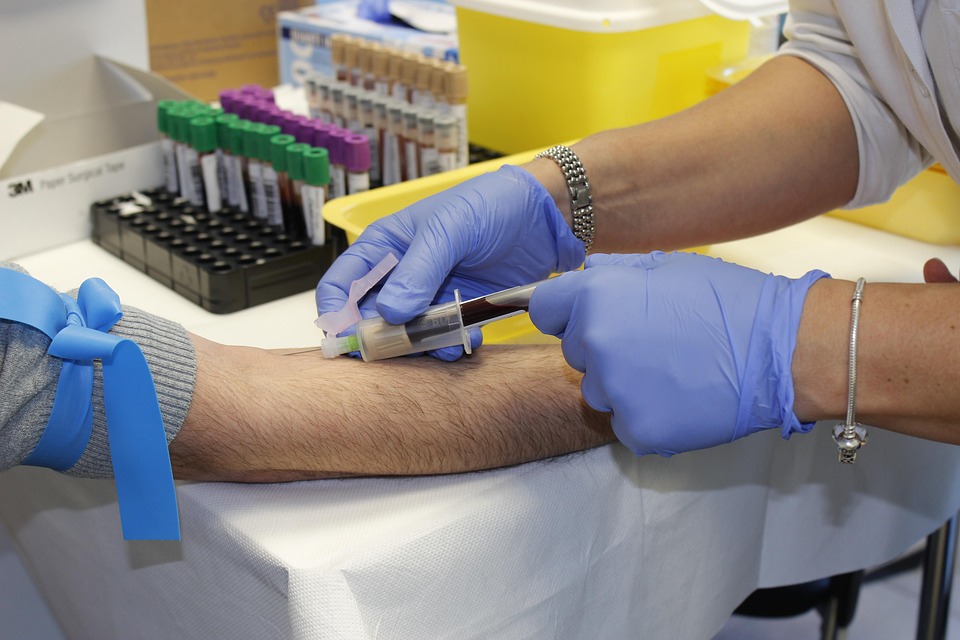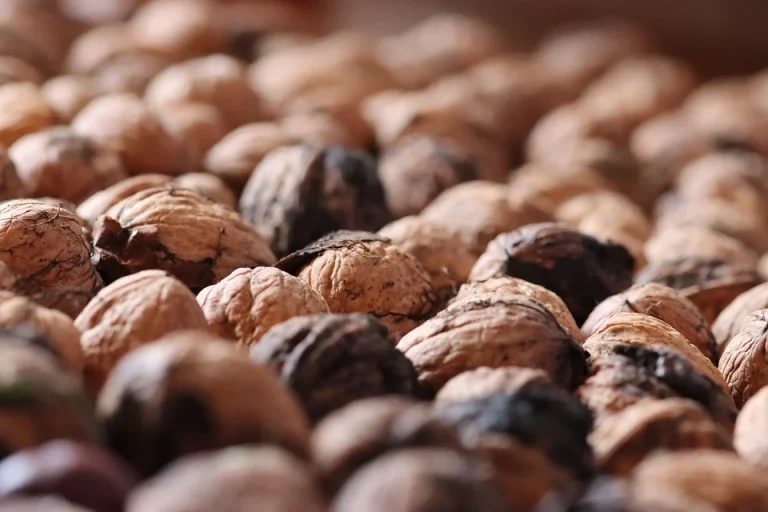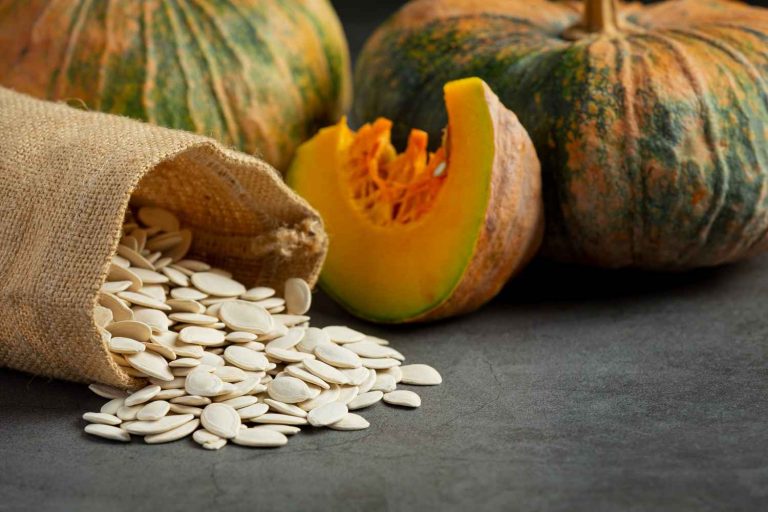Have you ever experienced that nagging muscle pain after a workout or a long day on your feet? You know, the kind that makes you question your life choices? Well, you’re not alone. Muscle pain is a common issue, but what if I told you that a tiny seed could help alleviate that discomfort? Enter mustard seeds—small but mighty! In this article, we’ll explore five mustard seed remedies that might just become your go-to solutions for muscle pain relief.
Contents
Why Mustard Seeds?
First off, let’s talk about why mustard seeds are worth your attention. These little seeds are packed with nutrients and have been used in traditional medicine for centuries. They contain anti-inflammatory properties, which can help reduce pain and swelling. Plus, they’re rich in magnesium, calcium, and omega-3 fatty acids—all excellent for muscle health. So, whether you’re a gym rat or someone who occasionally overdoes it at the garden, mustard seeds may offer you the relief you’re looking for.
1. Mustard Seed Oil Massage
How It Works: Mustard seed oil is extracted from the seeds and is known for its warming properties. When massaged into sore muscles, it can improve blood circulation and ease tension.
How to Use:
- Warm a small amount of mustard seed oil in your hands.
- Gently massage it into the affected area for about 10-15 minutes.
- You can wrap the area with a warm cloth to enhance the effect.
Pros:
- Provides immediate warmth and relief.
- Can be easily integrated into your self-care routine.
Cons:
- Some people may be sensitive to mustard oil, so a patch test is advisable.
- The smell might not be for everyone.
Personal Note: I’ve tried this after a particularly grueling leg day, and let me tell you, the warmth was instant. It felt like a mini spa treatment right in my living room!
2. Mustard Seed Poultice
How It Works: A poultice made from mustard seeds can provide targeted relief. The seeds have compounds that can help reduce inflammation and pain.
How to Use:
- Grind 2 tablespoons of mustard seeds into a fine powder.
- Mix with warm water to form a paste.
- Apply the paste to the sore area and cover with a cloth.
- Leave it on for 20-30 minutes before rinsing off.
Pros:
- Direct application can be very effective.
- Simple ingredients that you probably already have at home.
Cons:
- The heat from the poultice can be intense—start with shorter application times if you’re sensitive.
- Might not be suitable for open wounds or sensitive skin.
Cultural Context: In many cultures, poultices made from mustard seeds have been used for centuries as a natural remedy. It’s fascinating how traditional wisdom often aligns with modern findings about inflammation and pain relief.
3. Mustard Seed Bath
How It Works: Soaking in a bath infused with mustard seeds can help relax muscles and relieve tension. The warm water combined with the properties of mustard seeds creates a soothing experience.
How to Use:
- Add 1 cup of mustard seeds to a warm bath.
- Soak for about 20-30 minutes to allow the seeds to release their beneficial properties.
Pros:
- A great way to unwind after a long day.
- Multi-tasking: it’s a bath and a remedy in one!
Cons:
- Cleaning up the seeds afterward can be a hassle.
- Not everyone has the time or inclination for a long soak.
Anecdotal Evidence: I once decided to try this after a particularly stressful week. The combination of warm water and mustard seeds was heavenly. I felt like a new person afterward!
4. Mustard Seed Tea
How It Works: Mustard seed tea can be a soothing drink that helps with muscle pain due to its anti-inflammatory properties. Drinking this can also promote overall wellness.
How to Use:
- Boil 2 cups of water and add 1 teaspoon of mustard seeds.
- Let it steep for 10-15 minutes.
- Strain and drink. You can add honey for sweetness.
Pros:
- Easy to make and can be enjoyed warm or cold.
- Hydrating and beneficial for overall health.
Cons:
- Some may find the flavor too strong or pungent.
- It may take a while to feel the effects, as it’s more of a preventative measure.
Expert Opinion: A study published in the Journal of Ethnopharmacology highlights the anti-inflammatory benefits of mustard seeds, making this tea a potentially beneficial addition to your diet (Kumar et al., 2019).
5. Mustard Seed Compress
How It Works: A compress using mustard seeds can provide localized relief. The heat and medicinal properties can penetrate deep into sore muscles.
How to Use:
- Soak a cloth in warm water and wring it out.
- Sprinkle ground mustard seeds onto the cloth and fold it.
- Apply to the affected area for 15-20 minutes.
Pros:
- Easy to make and use.
- Can be reused multiple times.
Cons:
- Might not provide immediate relief like oil or poultice.
- The seeds may spill out, creating a mess.
Personal Reflection: I’ve used this method during cold winter nights when my muscles felt particularly stiff. The warmth was comforting, and I could feel the tension melting away.
FAQs
Q1: Are mustard seeds safe for everyone?
Yes, mustard seeds are generally safe for most people. However, if you have allergies to mustard or related plants, it’s best to avoid them.
Q2: How quickly can I expect relief?
Relief can vary based on the method used. Oil massages and poultices often provide immediate effects, while teas and baths may take longer to show benefits.
Q3: Can I combine these methods?
Absolutely! Many people find that using a combination—like a mustard seed bath followed by an oil massage—can enhance the overall effect.
Q4: What if I don’t have mustard seeds?
If you don’t have mustard seeds, consider using other anti-inflammatory ingredients like ginger or turmeric, which can also help with muscle pain.
Conclusion
Muscle pain can be a real downer, but mustard seeds offer some interesting and effective remedies that are worth exploring. From warming oil massages to soothing baths, these little seeds have a lot to offer. Of course, everyone’s body is different, so it’s crucial to listen to yours and find what works best for you.
And let’s be real—while mustard seeds can help, they’re not a magic bullet. Always consult with a healthcare provider if your pain persists or worsens.
This article is for educational purposes only and is not a substitute for professional medical advice. Always consult a qualified healthcare provider before making changes to your health routine.
References
-
Kumar, S., Singh, A., & Sharma, B. (2019). Ethnopharmacological relevance of mustard seeds: A review. Journal of Ethnopharmacology. Retrieved from https://www.sciencedirect.com/science/article/pii/S0378874119301626
-
Mayo Clinic. (n.d.). Muscle pain: Causes and treatment. Retrieved from https://www.mayoclinic.org/diseases-conditions/muscle-pain/symptoms-causes/syc-20330833
-
Cleveland Clinic. (n.d.). Muscle pain: Overview. Retrieved from https://my.clevelandclinic.org/health/diseases/10934-muscle-pain
-
Harvard Health Publishing. (n.d.). Understanding muscle pain. Retrieved from https://www.health.harvard.edu/pain/understanding-muscle-pain
Get Your FREE Natural Health Guide!
Subscribe now and receive our exclusive ebook packed with natural health tips, practical wellness advice, and easy lifestyle changes, delivered straight to your inbox.





